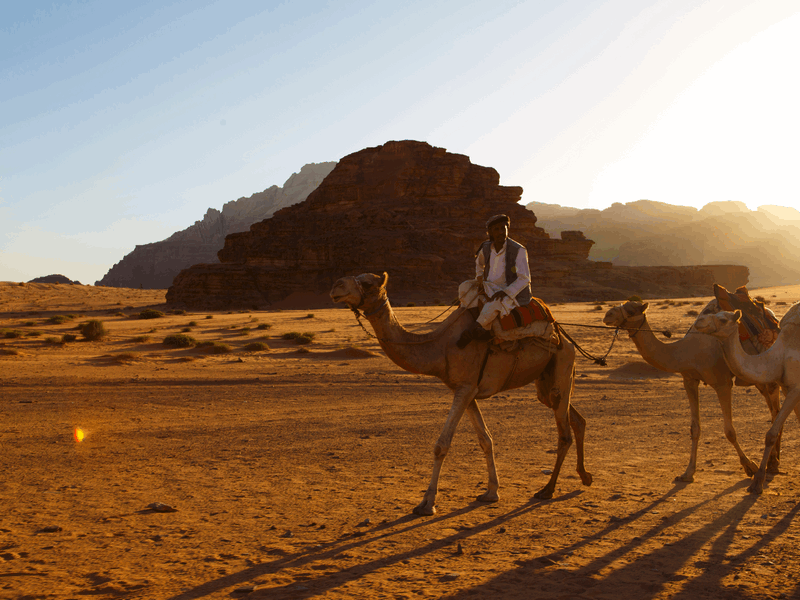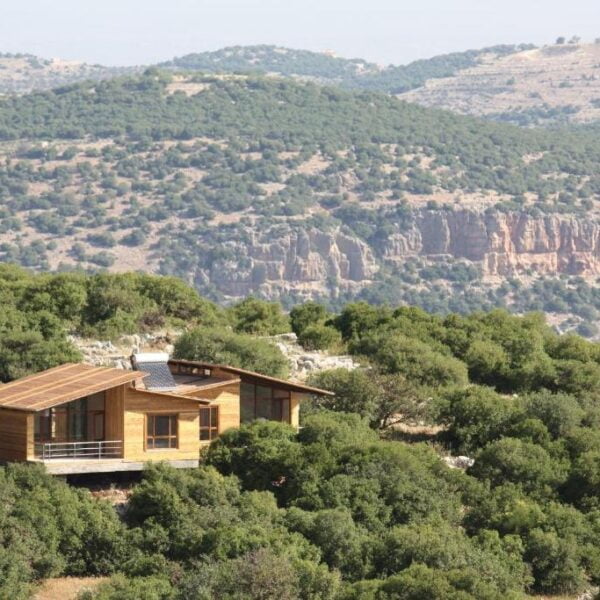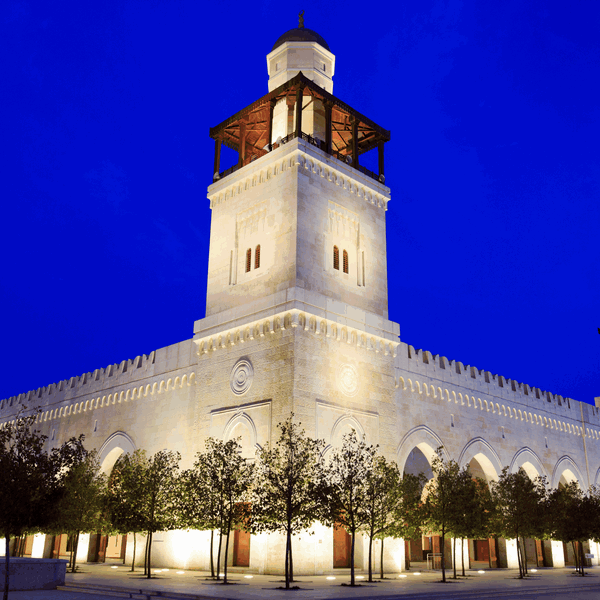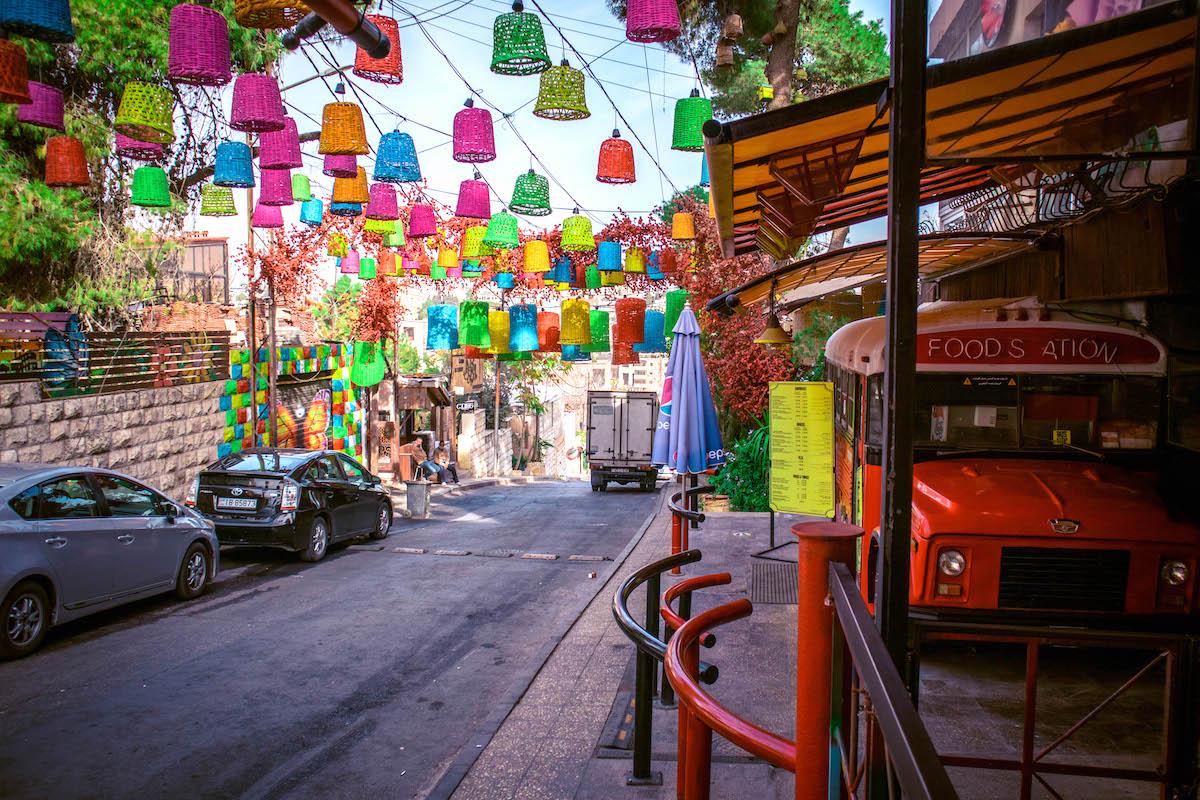Eid al-Fitr, also known as Eid el-Fitr or simply Eid, is a significant Islamic holiday celebrated by Muslims worldwide, including in Jordan. It marks the end of Ramadan, the holy month of fasting observed by Muslims, and is a time of joy, celebration, and family gatherings. Here’s an article that provides an overview of how Eid al-Fitr is celebrated in Jordan..
Evening of Tue, Apr 9, 2024 – Wed, Apr 10, 2024
Eid al-Fitr in Jordan: A Time of Festivity and Traditions
Eid al-Fitr is one of the most anticipated holidays in Jordan, and it is celebrated with great enthusiasm and joy. The holiday usually lasts for three days, although the exact duration may vary depending on the sighting of the moon, which marks the end of Ramadan and the beginning of Shawwal, the next lunar month in the Islamic calendar.
The preparations for Eid al-Fitr in Jordan begin well before the actual holiday. In the days leading up to Eid, families clean their homes, decorate them with colorful lights and ornaments, and buy new clothes for themselves and their children. Markets and shops are filled with people buying gifts, sweets, and special food items to celebrate the occasion.
On the day of Eid, Jordanians wake up early to perform a special prayer called Salat al-Eid, which is usually held in mosques or large open spaces. Men, women, and children, dressed in their finest clothes, join in the congregational prayer, which is led by an imam (prayer leader). After the prayer, people greet each other with the Arabic phrase “Eid Mubarak,” which means “Blessed Eid,” and exchange hugs, handshakes, and gifts as a gesture of goodwill and celebration.
Family gatherings are an integral part of Eid al-Fitr in Jordan. Relatives and friends come together to celebrate, share festive meals, and exchange gifts. Traditional Jordanian dishes such as mansaf (a dish made of lamb, rice, and yogurt), maqluba (a layered dish of rice, meat, and vegetables), and knafeh (a sweet pastry made of cheese and semolina) are often served during Eid gatherings. It is also common for Jordanians to visit the homes of relatives, friends, and neighbors to exchange greetings and share food.
Eid al-Fitr is a time of generosity and charitable giving in Jordan. Many families and individuals give to the less fortunate by providing food, clothes, or monetary donations, known as zakat al-fitr, to those in need. It is believed that this act of charity purifies the fast and brings blessings for the entire community.
In addition to the traditional celebrations, modern festivities and entertainment activities also take place during Eid al-Fitr in Jordan. Amusement parks, cinemas, and shopping malls are popular destinations for families to enjoy leisure time and have fun. Fireworks, concerts, and cultural performances are also organized in some areas to celebrate the holiday spirit.
Overall, Eid al-Fitr in Jordan is a time of festivity, traditions, and togetherness. It is a special occasion that brings joy, happiness, and a sense of renewal after the month of fasting during Ramadan. Jordanians eagerly look forward to celebrating this significant holiday with their families, friends, and communities, and it is a time when the spirit of generosity, love, and goodwill prevails throughout the country.






